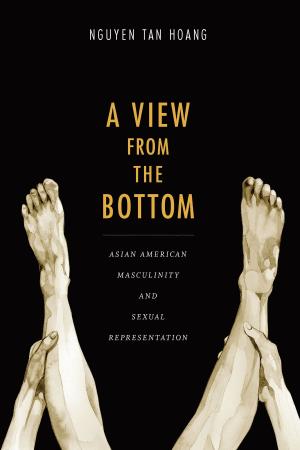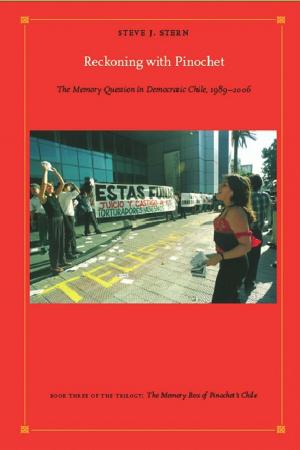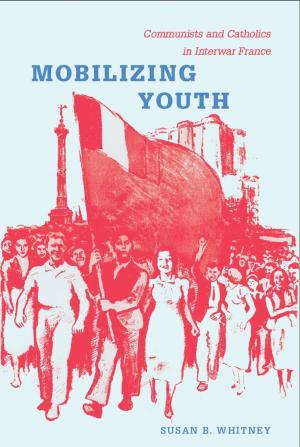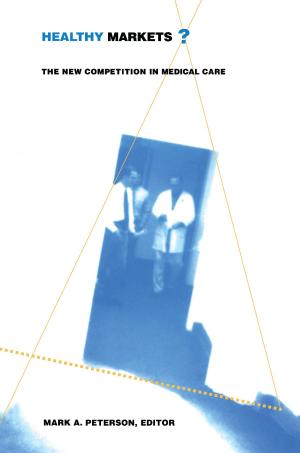Millenarian Vision, Capitalist Reality
Brazil’s Contestado Rebellion, 1912–1916
Nonfiction, History, Americas, South America| Author: | Todd A. Diacon | ISBN: | 9780822382218 |
| Publisher: | Duke University Press | Publication: | August 29, 1991 |
| Imprint: | Duke University Press Books | Language: | English |
| Author: | Todd A. Diacon |
| ISBN: | 9780822382218 |
| Publisher: | Duke University Press |
| Publication: | August 29, 1991 |
| Imprint: | Duke University Press Books |
| Language: | English |
Why did a millenarian movement erupt in the Brazilian interior in 1912? Setting out to answer this deceptively simple question, Todd A. Diacon delivers a fascinating account of a culture in crisis.
Combining oral history with detailed archival research, Millenarian Vision, Capitalist Reality depicts a peasant community whose security in economic, social, and religious relations was suddenly disrupted by the intrusion of international capital. Diacon shows how a “deadly triumvirate” comprised to foreign capital, state power, and local bosses engineered a land tenure revolution that threatened smallholders’ subsistence, sparking rebellion among the Contestado peasants.
Unlike most analysis of millenarian movements, Diacon combines a material analysis with a careful exploration of the movement’s millenarian ideology to demonstrate how a particular combination of external and internal forces produced a crisis of values in the Contestado society. Such a crisis, Diacon concludes, gave a special power to the millenarian vision that promised not only outward reform, but inner salvation as well. This work offers a significant contribution to the literature of millenarian movements, popular religion, peasant rebellions, and the transition to capitalism in Brazil.
Why did a millenarian movement erupt in the Brazilian interior in 1912? Setting out to answer this deceptively simple question, Todd A. Diacon delivers a fascinating account of a culture in crisis.
Combining oral history with detailed archival research, Millenarian Vision, Capitalist Reality depicts a peasant community whose security in economic, social, and religious relations was suddenly disrupted by the intrusion of international capital. Diacon shows how a “deadly triumvirate” comprised to foreign capital, state power, and local bosses engineered a land tenure revolution that threatened smallholders’ subsistence, sparking rebellion among the Contestado peasants.
Unlike most analysis of millenarian movements, Diacon combines a material analysis with a careful exploration of the movement’s millenarian ideology to demonstrate how a particular combination of external and internal forces produced a crisis of values in the Contestado society. Such a crisis, Diacon concludes, gave a special power to the millenarian vision that promised not only outward reform, but inner salvation as well. This work offers a significant contribution to the literature of millenarian movements, popular religion, peasant rebellions, and the transition to capitalism in Brazil.















